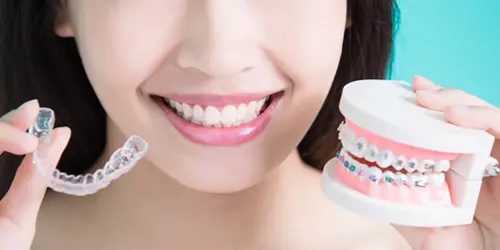If you have a teething toddler at home, get ready for some crying. Teething is quite irritating to the child, and he\she cannot really express themselves, so they end up either crying for absolutely no reason. However, there are some things you can do to make the process easier, while others are a big No No. Some types of foods can make the irritated gums even more irritated and inflamed, and so we advise you on the list of foods to avoid this summer for a teething toddler.
View this post on Instagram
When does teething start?
There is no definite age for teething. Some kids start teething as early as 4 months, while others reach one year without any teeth present in their mouths. On average, the first teeth to appear are the lower front teeth. They often appear between 6 and 8 months of age. However, if your child reaches 1 year with no teeth, that’s OK. The normal physiologic process of teething takes time, and is dependent on the Calcium distribution in your child’s body.
How does teething happen?
The teeth start developing while your child is still in womb. Once your baby reaches about 4 to 5 months, the roots of the teeth start growing and elongating, essentially pushing the teeth upwards through the gums. This process of course adds a lot of pressure on the gums over the teeth, which is why your child always feels irritation, or constantly places his\her fingers and hands inside their mouths, trying to soothe the ache.
How can I make the teething process easier for my child?
The most important thing you need to do is be patient. The process is a long one, and it takes around 18 months for all the teeth to appear. Teething gels work miracles when your child’s gums are hurting. Hard foods are also recommended as they help the teeth cut through the gums easier. Cold foods and teethers can also help greatly, as the cold feels great against their burning gums.
A list of foods to avoid this summer for a teething toddler:
-
Spicy foods:
Spicy foods are generally bad for your health, let alone your toddler’s health. They wreak havoc on the stomach and intestines. For a teething toddler, it is like applying gasoline to an already burning area, which makes the burning of the gums a lot worse.
-
Citrus fruits:
A similar effect happens with citrus fruits such as lemons and oranges. While they may taste great and are particularly favored by toddlers, they have a huge acid content. The acids irritate the gums even more than they already are.
-
Salty foods:
With salty foods, you would literally be “pouring salt into an open wound”. While salt water can help with gum injuries in adults, salt with a teething toddler is highly inadvisable.
-
Frozen foods:
Cold foods are encouraged, but frozen foods are not. The fine line between cold and frozen is the difference between soothing your child’s gums and a burning sensation like no other.
Teething is a difficult time in the lifetime of a toddler – and his\her parents unfortunately -. But once it is done, its smooth sailing until about 6 years when the adult teeth start to appear. Ask your dentist for his\her advice during these difficult times.
Tags: Children's Teeth, Pediatric dentist, Pediatric dentist Long Island NY, teething, Toddler Teeth

